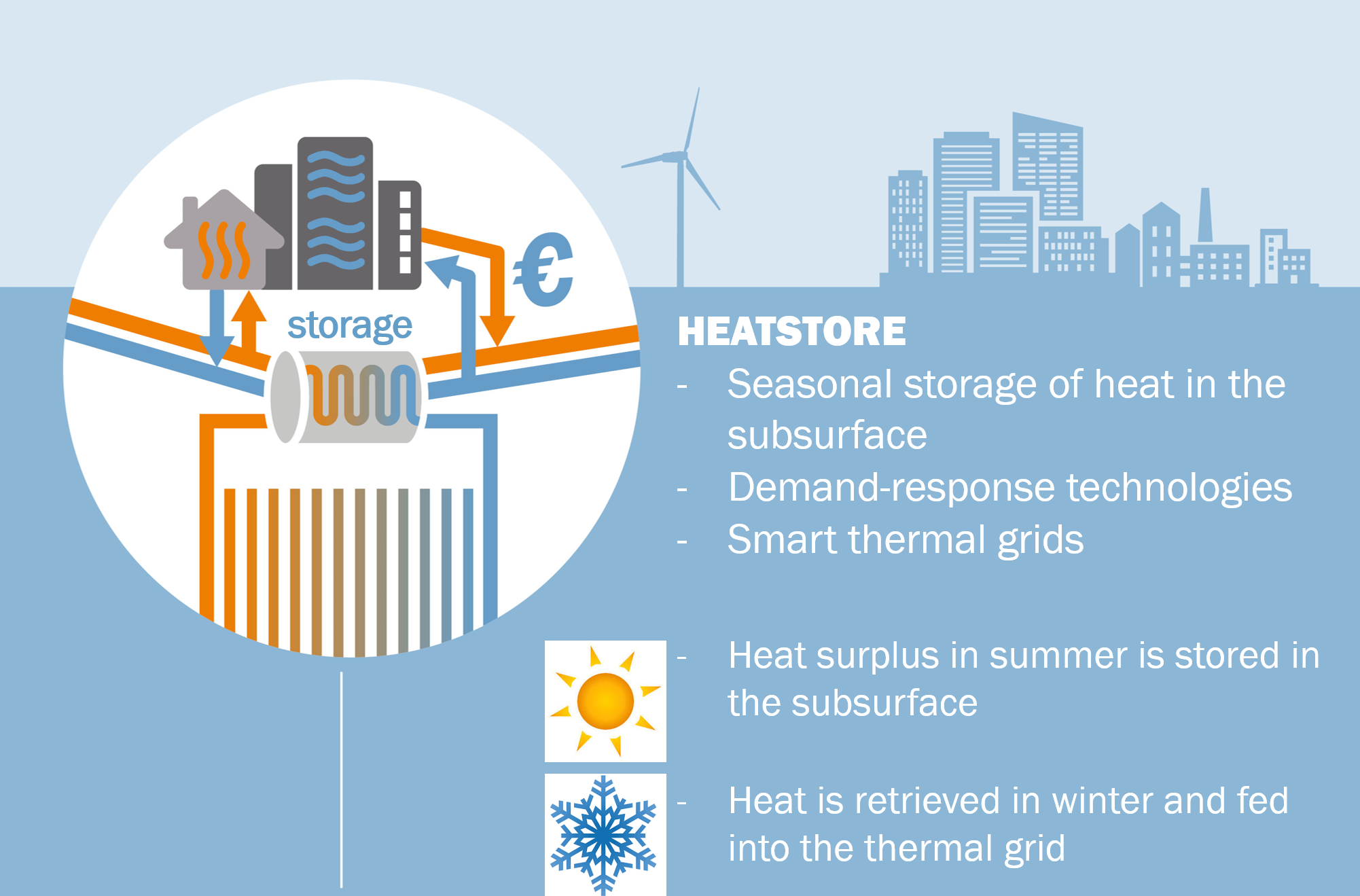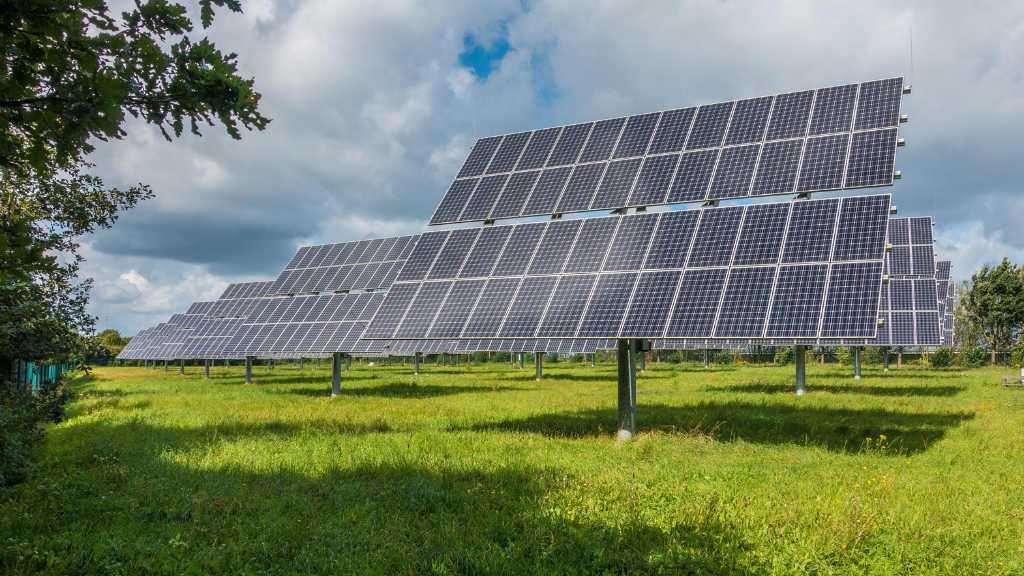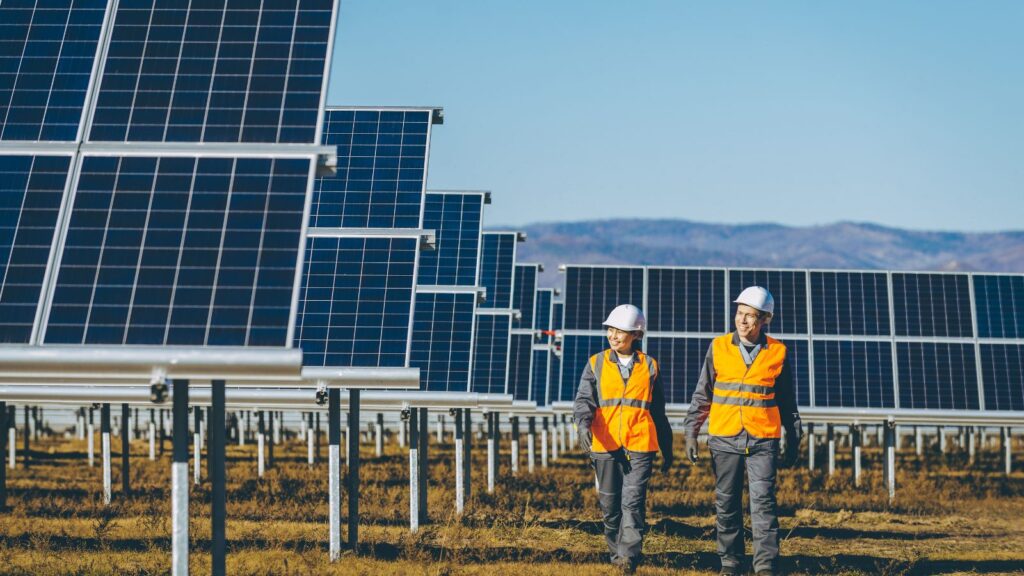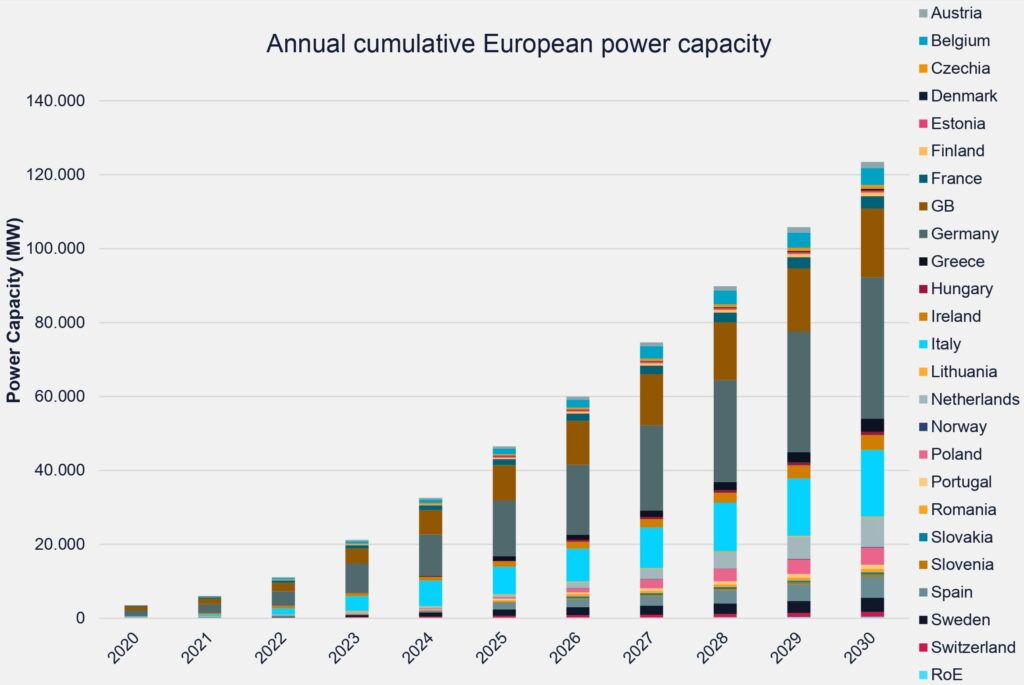23.10.2018 / Storage4EU
Underground Thermal Energy Storage Facilitates the Low-Carbon Transition of the Heating and Cooling Sector

The heating and cooling sector is vitally important for the transition to a low-carbon energy system. Heating and cooling is responsible for half of all consumed final energy in Europe.

The vast majority – 85% - of the demand is currently fulfilled by fossil fuels, most notably natural gas. To further the energy transition, low carbon heat sources (e.g. geothermal, biomass, solar and waste-heat) need to be deployed. Heat storage can play a pivotal role in this development. Storage provides the flexibility to manage the variations in supply and demand of heat at different scales, and in particular can smooth out the seasonal dips and peaks in heat demand. Underground Thermal Energy Storage (UTES) technologies need to be further developed so that they can become an integral component in the future energy system infrastructure to meet variations in both the availability and demand of energy.

The main objectives of the HeatStore project are to lower the cost, reduce risks, improve the performance of high temperature (~25°C to ~90°C) underground thermal energy storage (HT-UTES) technologies, and to optimise heat network demand side management (DSM). This is primarily achieved by 6 new demonstration pilots and 8 case studies of existing systems with distinct configurations of heat sources, heat storage and heat utilisation.
This will advance the commercial viability of HT-UTES technologies and, through an optimised balance between supply, transport, storage and demand, enable geothermal energy production to reach its maximum deployment potential in the European energy transition.
HeatStore is one of nine projects under the GEOTHERMICA – ERA NET Cofund and has the objective of accelerating the uptake of geothermal energy by 1) advancing and integrating different types of underground thermal energy storage (UTES) in the energy system, 2) providing a means to maximise geothermal heat production and optimise the business case of geothermal heat production doublets, 3) addressing technical, economic, environmental, regulatory and policy aspects that are necessary to support efficient and cost-effective deployment of UTES technologies in Europe. The three-year project will stimulate a fast-track market uptake in Europe, promoting development from demonstration phase to commercial deployment within 2 to 5 years, and provide an outlook for utilisation potential towards 2030 and 2050.
The 24 contributing partners from 9 countries in HeatStore have complementary expertise and roles. The consortium is composed of a mix of scientific research institutes and private companies. The industrial participation is considered a very strong and relevant advantage which is instrumental for success. The combination of leading European research institutes together with small, medium and large industrial enterprises, will ensure that the tested technologies can be brought to market and valorised by the relevant stakeholders.




